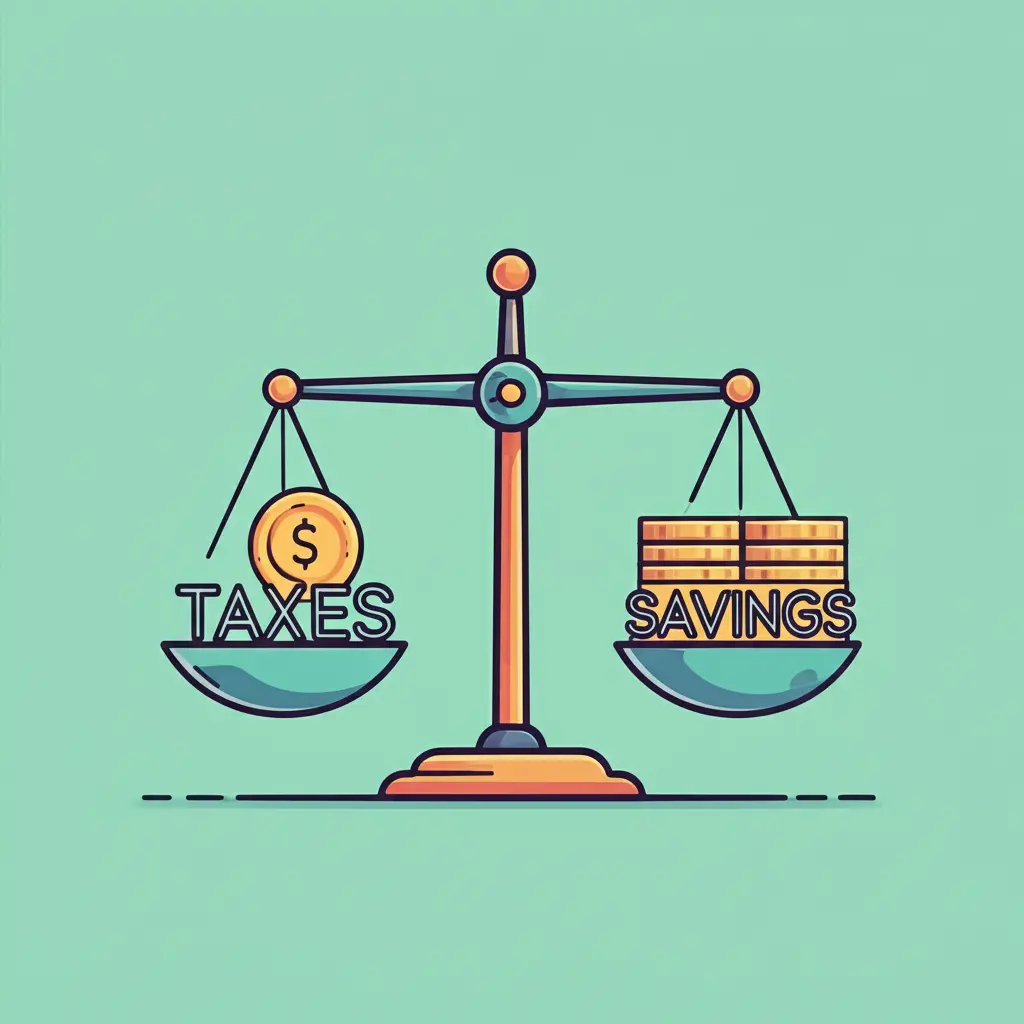Demystifying Income Tax Installments: A Simple Guide
Understand income tax installments to manage finances effectively!

Ah, tax season! It's that time of year when the words 'income tax installments' start to pop up in conversations, leaving some of us scratching our heads. If you're nodding along, you're not alone. Navigating the waters of tax installments can feel a bit like learning a new language. Let's break it down together, shall we?
Understanding Income Tax Installments
So, what are income tax installments, and why do they matter? Simply put, these are periodic payments you make to the tax authorities throughout the year. Instead of paying your tax in one lump sum, you spread it out. Pretty nifty, huh? Not only does this help with cash flow, but it also avoids that dreaded large tax bill come April.

Do You Need to Pay Installments?
Here's a common question: "But do I need to pay in installments?" Well, if your tax bill exceeds a certain amount—often around $3,000—you may be required to. The tax office usually lets you know if you need to pay this way, but keeping an eye on your earnings and tax obligations helps you stay ahead.
How Installments Help Manage Cash Flow
Paying in smaller, manageable chunks can be a lifesaver. Imagine setting aside $500 every quarter instead of coughing up a couple thousand all at once. Your bank account might just thank you!

Strategizing Your Tax Payments
Ready to get strategic? First off, estimation is key. Calculate your expected annual income and tax based on last year's returns, ensuring to include any additional income streams. From there, divide by four (or however many installments you're required to make) and set those funds aside. It's planning on autopilot!
Avoiding Installments: Is It Possible?
Sure, but it's not straightforward. Social dividends, like infrequent extra income, can sometimes lead to an exempt status. Also, paying any estimated shortfall before a deadline can sidestep installment requirements. However, it's usually more consistent to plan for installments and focus on strategic savings to avoid surprises.

Final Thoughts: Take Control of Your Tax Planning
Taxes might not be everyone's favorite topic, but a little forethought goes a long way in ensuring they don't take you by surprise. Whether it's researching deductions, consulting a financial expert, or simply keeping tabs on your financial flow, you can demystify those tax installments. Remember, it's all about finding what works best for you and sticking with it. What do you think—ready to tackle your tax planning head-on?
Let me know your thoughts in the comments below or share a strategy that works for you. Happy tax planning!




